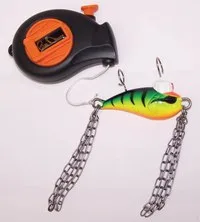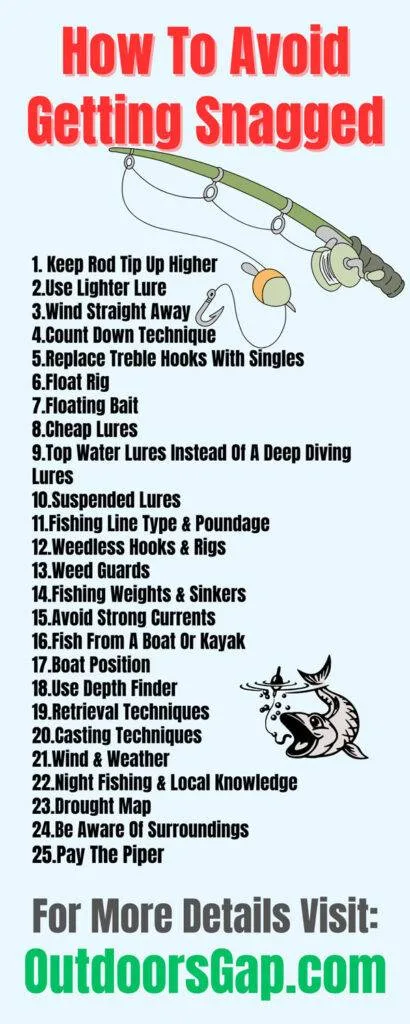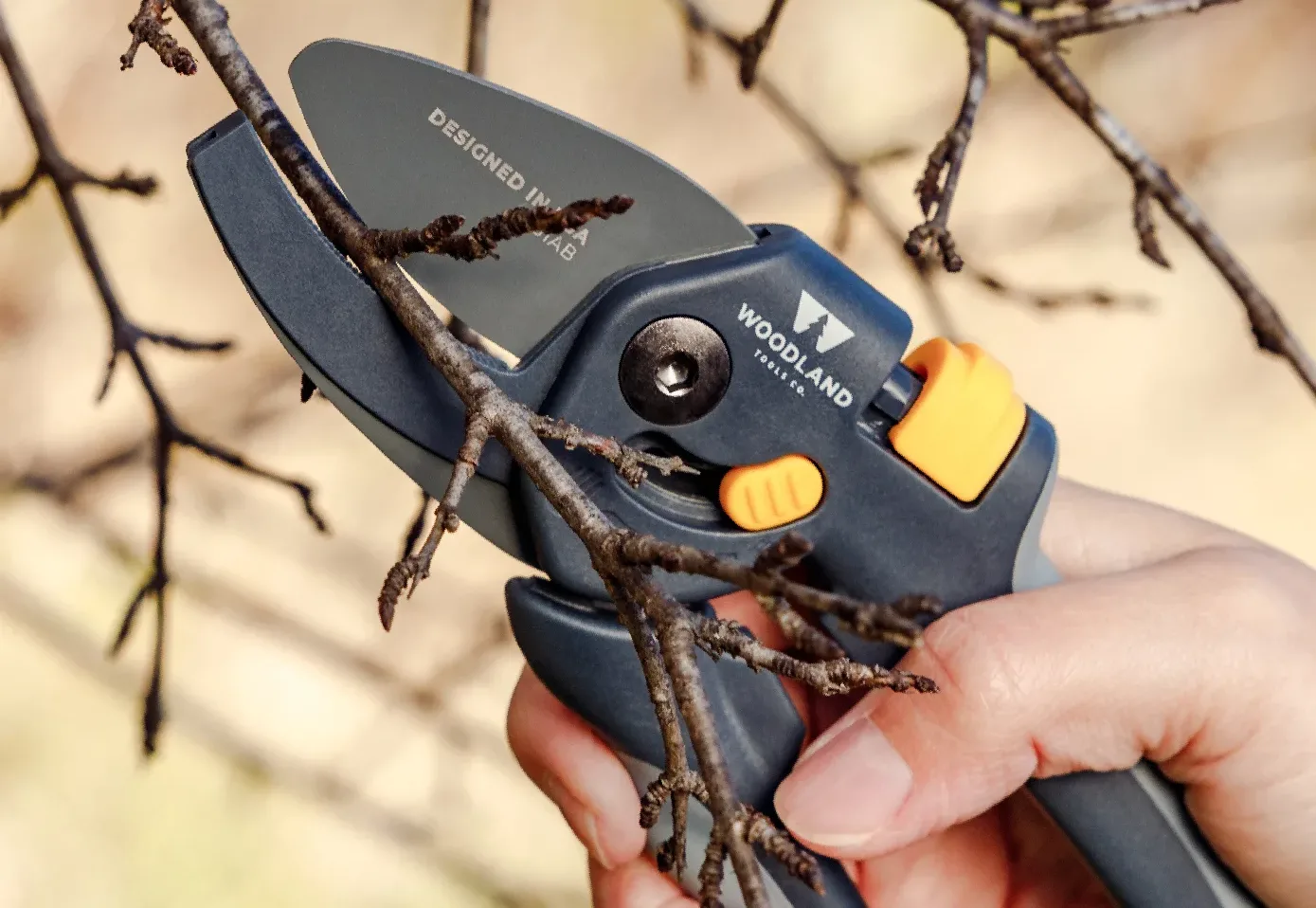Angling is about Tangling but also involves Snagging. The Tangling part involves bird nests with fishing lines, lures and rigs wrapped around guides and rods, and so many other Tangling adventures. If you haven’t mastered Tangling, you will.
Snagging is when your hook, lure, or fly gets hooked onto something other than a fish. We have all been Snagged on something. It’s just part of fishing. The fish live around logjams, rocks, and structure for food, protection, and to get out of currents. If you want to catch a fish, you need to get close to where they are.
Most Snags begin since the angler is a poor caster. Mountain Men needed to “Watch their Top Knots” and Anglers need to “Watch their Back casts”. This is especially true for longer rod casters like fly anglers. A 9-foot rod has a way of casting into trees, people and things behind you that you failed to notice
Hooked Junk. We have all snagged a proverbial Boot or some other unseen trash. I have caught dead racoons and other critters. One of my favorite fishing hats was snagged in one of the Gallatin River’s deep holes. I even snagged a full stringer of crappies that some angler lost. The fish were still alive!
Trees, grass and limbs. Normally these hook ups happen on the back casts or where we do not look. Accuracy with casting will help avoid the frontside snags. Anticipate snags to avoid them.
Fingers, Faces, and other Body Parts Know where your buddies and pets are. Everyone should be wearing a hat and eyewear. This helps protect against body snags. If the caster is right-handed, stay on their left side.
Underwater Unknowns Sometimes we get snagged onto stuff we never see. Once you learn where the snag monster is, avoid it or lose more flies, hooks, and lures.
Tips to avoid getting Snagged.
Sharpen your hooks a sharp hook is easier to remove from a person than a dull one. You will also catch 3 times more fish with a sharpened hook.
Become a Master Caster Practice casting to improve accuracy. Get close to snags but not too close. “Watch your Back Cast” to avoid snags behind and above you. If you can’t place a fly, lure, spinner, or bait rig into a bucket at 20 yards, you need to practice casting more accurately.
Sinker droppers Attach sinkers to a dropper line so that when they get snagged, they will slide off.
The right amount of weight Too much weight is more likely to snag. Not enough weight will not put your rig into the bite zone. Find the happy medium. It is usually best to bounce on the bottom rather than to drag along it.
We all have snagged a favorite lure or fly. In these cases, we tend to go to extremes to save them.
Pruners I carry a pair of hand pruners to clear paths and cut limbs that have tried to steal my fly or rig. While you are pruning the limb, look for another tippet that may hold a hidden treasure. Usually the same branch, grass, or limb has stolen flies and rigs before.

Use your line to unsnag If your snag is in the water, allow the current to take the line downstream. This will make a loop. If you pull upstream on the rod, the looped line will be pulling downstream in another, opposite direction and can free the snag.
Poke Pole Get a long branch or pole that has a y on the end. Slide it down the line and push it to release the snag.
Pluck It Tighten the snagged line and allow the rod to bend and tighten the line. Now Pluck the tight line like a banjo string.
Sliding Drone They make metal hookless lures that are attached to another separate line. You slide them down the fishing to the snag and allow it to thump the snag. Some drones have pointless hooks that may snag onto your rig or snag. Now you can hopefully pull the mess in using the drone’s cord.
Break it off Sometimes you just need to give it up. A well snagged rig may just need to be donated to the fishing gods. Hold the rod straight toward the snag, tighten the drag and pull straight back. The knot will break and not your rod.
Catching more fish happens when you spend less time tangling and more time fishing. If you are constantly retying rigs, untangling lines, and hooking everything but fish, then you need to consider why.
Anglers never become perfect. We are always learning and mastering our craft. We have good and bad days. That’s just what fishing is!
Tight lines onto a fish and not a snag!

Montana Grant





